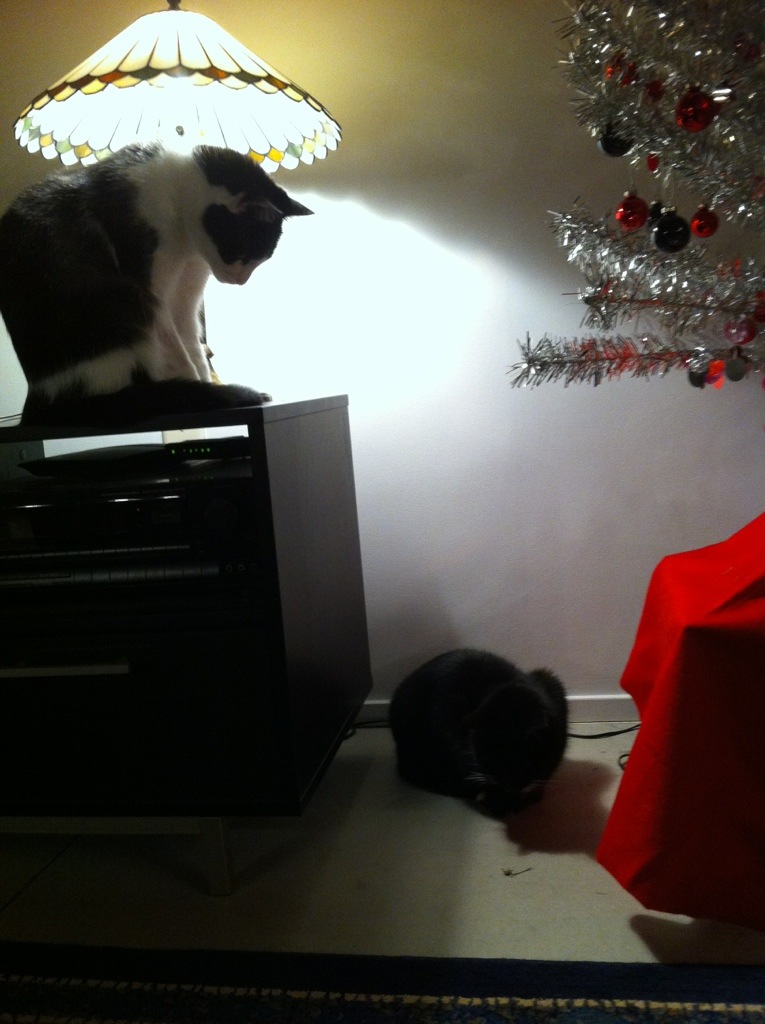From an opinion piece in the New York Times on the issue of society ignoring evidence that mammograms only increase medical procedures, they don’t save lives:
For years now, doctors like myself have known that screening mammography doesn’t save lives, or else saves so few that the harms far outweigh the benefits. Neither I nor my colleagues have a crystal ball, and we are not smarter than others who have looked at this issue. We simply read the results of the many mammography trials that have been conducted over the years. But the trial results were unpopular and did not fit with a broadly accepted ideology—early detection—which has, ironically, failed (ovarian, prostate cancer) as often as it has succeeded (cervical cancer, perhaps colon cancer).
More bluntly, the trial results threatened a mammogram economy, a marketplace sustained by invasive therapies to vanquish microscopic clumps of questionable threat, and by an endless parade of procedures and pictures to investigate the falsely positive results that more than half of women endure. And inexplicably, since the publication of these trial results challenging the value of screening mammograms, hundreds of millions of public dollars have been dedicated to ensuring mammogram access, and the test has become a war cry for cancer advocacy. Why? Because experience deludes: radiologists diagnose, surgeons cut, pathologists examine, oncologists treat, and women survive.
Read the full essay.




